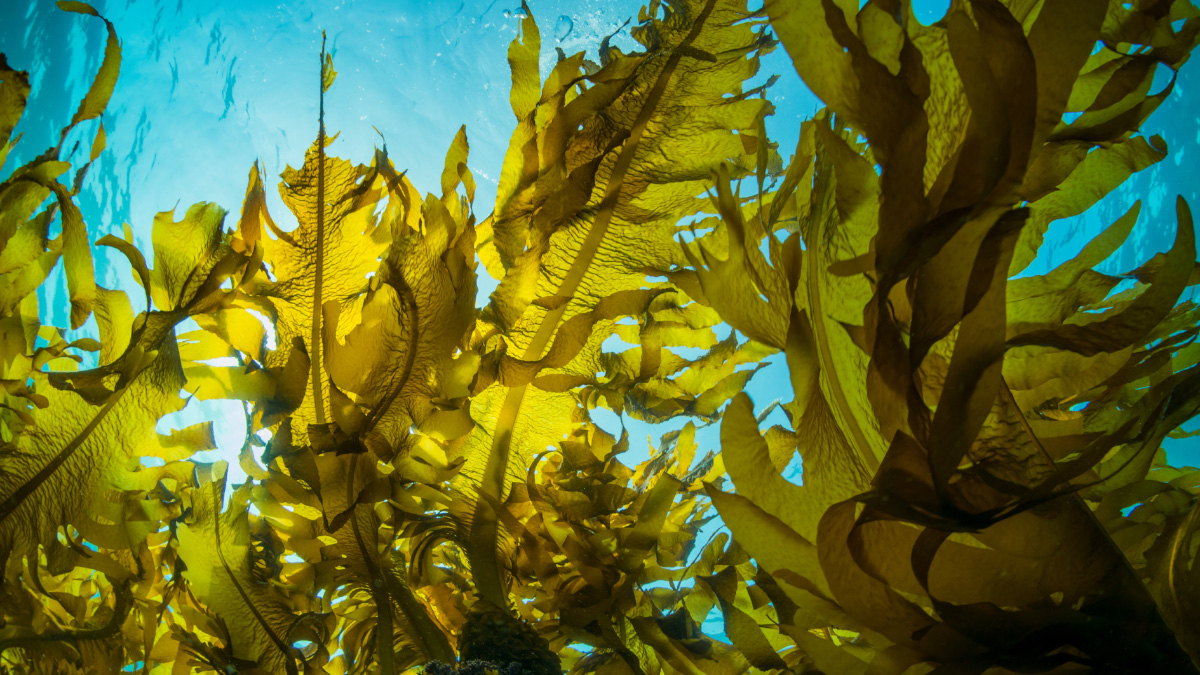
Background
We are currently facing a triple planetary crisis of climate change, biodiversity loss, and pollution. These crises are undermining nature’s ability to provide ecosystem services that support human and non-human well-being. They threaten the potential growth of seaweed, a powerful and multifaceted nature-based ocean solution.
Seaweed forests are known for their nutrient remediation qualities, especially when it comes to nitrogen and phosphorus, and their role in preserving coastal biodiversity. Along with corals and seagrasses, seaweed participates in maintaining the balance in oceanic ecosystems. Seaweed is also a low-carbon ocean economy product and is considered a high-value source of protein for humans and livestock. It is a sustainable non-plastic substitute and a bio-stimulant. In addition, there is a growing global interest in seaweed cultivation as a scalable solution to climate change that may provide environmental and social co-benefits as part of the advancement of resilient and climate-smart aquaculture.
As an official side-event during the UN Environmental Assembly 6, this event aims to increase knowledge and understanding of how seaweed ecosystems can support coastal fisheries, provide food and medicine, mitigate climate change and ocean acidification, and improve water quality.


